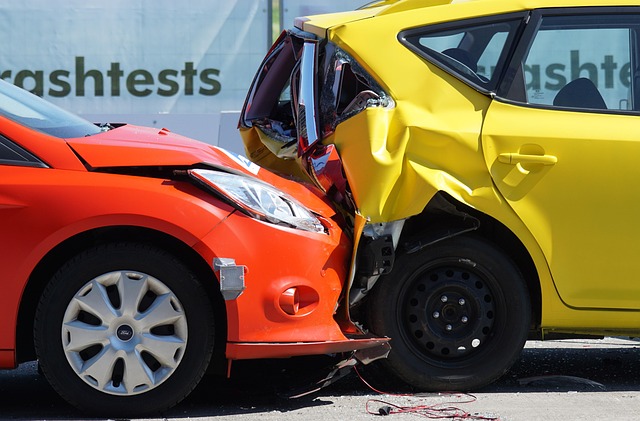Commercial Car Insurance: Coverage for Business Vehicles
Commercial car insurance protects vehicles used for work-related activities and the businesses that operate them. Unlike personal auto policies, commercial coverage is tailored to risks from deliveries, transporting passengers, or using specialized equipment. This article explains what commercial car insurance covers, who needs it, how premiums are set, and practical tips for choosing a policy or finding local services in your area.

What is commercial car insurance?
Commercial car insurance is a policy designed for vehicles used primarily for business purposes rather than personal driving. It covers physical damage to the vehicle, liability for injury or property damage to others, and may include optional coverages like uninsured motorist protection, medical payments, or commercial-specific endorsements. Policies are written to reflect the business use, type of vehicle, and the drivers involved. Using a personal policy for business purposes can leave coverage gaps if an incident occurs while the vehicle is on the job.
Who needs commercial vehicle insurance for business?
Businesses that regularly use vehicles for work — such as delivery services, tradespeople, contractors, sales representatives, or companies that transport clients — typically need commercial vehicle insurance. Even sole proprietors who use a car, van, or pickup for client visits or hauling equipment should consider commercial coverage. Companies with fleets, multiple drivers, or vehicles modified for specific tasks almost always require specialized policies. Check local regulations and client contract requirements; some contracts require proof of commercial insurance before work begins.
What does commercial insurance cover?
Standard commercial car insurance generally includes liability coverage for bodily injury and property damage, collision coverage for damage from crashes, and comprehensive coverage for non-collision damage (theft, vandalism, weather). Many policies offer hired and non-owned auto coverage to protect when employees use personal vehicles for business or rented vehicles are used. Additional options can include motor truck cargo for transported goods, tools and equipment coverage, and specialized endorsements for passenger transport. Coverage limits and deductibles should be set to match the business’s exposure.
How are commercial car insurance premiums calculated?
Premiums depend on several measurable factors: the vehicle type and value, the business use (delivery vs. occasional client visits), annual mileage, driver history and age, geographic area, and claims history. Commercial fleets may get different rates per vehicle based on driver assignment and telematics data. Higher liability limits, lower deductibles, and add-on endorsements increase cost. Insurers also consider industry-specific risk—restaurants and contractors often face different exposures. Maintaining driver training programs and safety protocols can reduce premiums over time.
How to insure different business vehicle types?
Different vehicle types require tailored coverage. Passenger cars used by sales staff often need standard commercial auto policies with higher liability limits. Vans and pickups used for hauling equipment may require motor truck cargo or equipment coverage and endorsements for commercial equipment. Vehicles used for passenger transport (shuttles, taxis, ride services) usually need special passenger liability protection and higher insurance limits. For customized or specialty vehicles, disclose modifications to insurers to avoid denied claims. Work with an agent experienced in your industry to identify the right endorsements.
Common exclusions in commercial vehicle insurance
Commercial policies include exclusions you should know: intentional acts, using vehicles for illicit activities, and using a vehicle as a mobile workplace without proper endorsement. Many policies exclude liability for employees who are excluded drivers on the policy or for goods transported that are illegal. Wear-and-tear, mechanical breakdown, and routine maintenance are generally not covered under physical damage sections. Review policy language for specific exclusions related to towing, hired drivers, or cross-border operations if your business travels outside its usual area.
Conclusion
Commercial car insurance is a distinct category of coverage that aligns insurance limits and terms with business exposure. Choosing the right policy requires understanding vehicle use, driver assignments, and common endorsements for cargo, hired autos, or passenger transport. Regularly review coverage as your business grows or changes, and document driver qualifications and safety practices to support appropriate limits and lower risk. Properly structured commercial coverage helps protect assets, employees, and customers while meeting contractual and regulatory needs.





